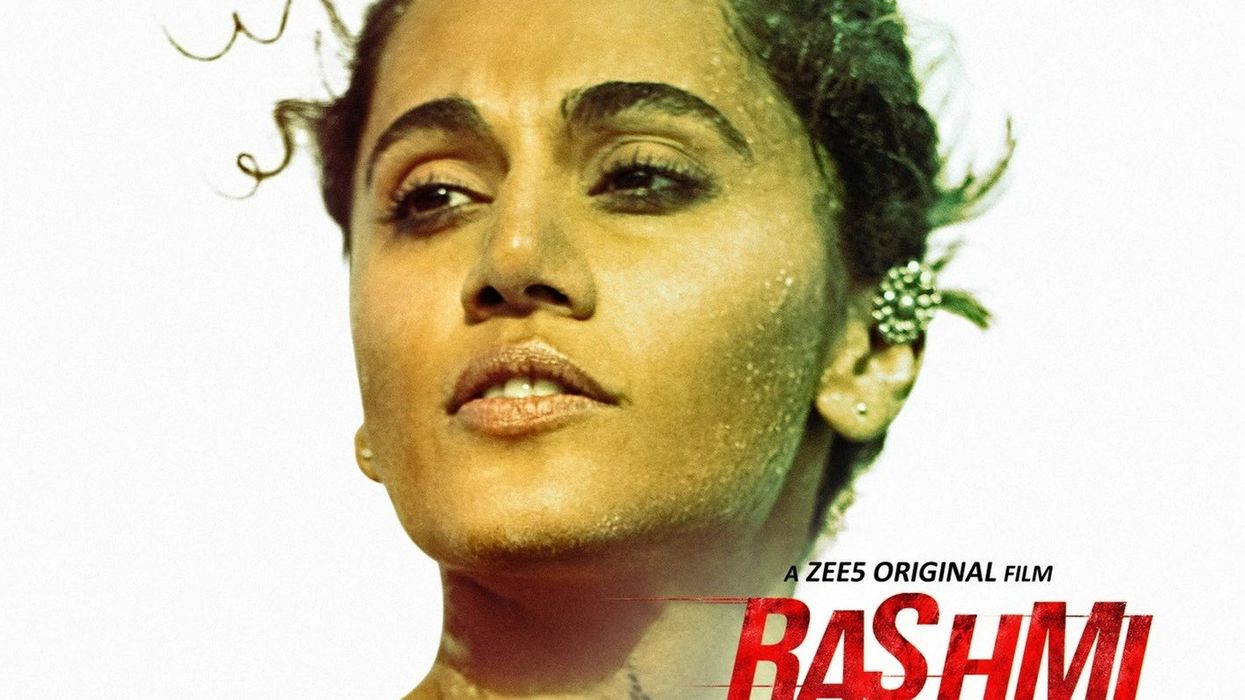Starring Taapsee Pannu in the lead role, the forthcoming ZEE5 Original film Rashmi Rocket has been creating a lot of noise ever since its official announcement in 2020. Recently, the makers dropped the power-packed trailer of the film, which amassed great love from the audience. Adding to the excitement is the film’s new song, ‘Zidd,’ an inspirational track sure to become everyone’s favourite workout track.
Sung by Nikhita Gandhi, the song has been composed by Amit Trivedi with lyrics provided by Kausar Munir. The song is inspiring and moving in equal parts and adds a new meaning to the inspiring tale of a talented girl blessed with the gift of being an incredibly fast runner but whose race to the finish line is replete with many hurdles. The song showcases the spirit of Rashmi who decides to fight against all injustice to protect her respect, honour, and even her identity.
Talking about the song, Pannu said, “Zidd is full of energy and the lyrics are spot on. This song showcases the grit and determination of Rashmi who has decided to win against all odds! I would say that this song in a way is the spirit of Rashmi. Amit Trivedi has a done a wonderful job and it has been beautifully sung by Nikita Gandhi.”
Produced by Ronnie Screwvala, Neha Anand, and Pranjal Khandhdiya, Rashmi Rocket is directed by Akarsh Khurana. Aside from Pannu, the film also features Supriya Pathak, Abhishek Banerjee, Priyanshu Painyuli, and Supriya Pilgaonkar in important roles. It is set to premiere on ZEE5 on 15th October 2021.
Keep visiting this space over and again for more updates and reveals from the world of entertainment.




